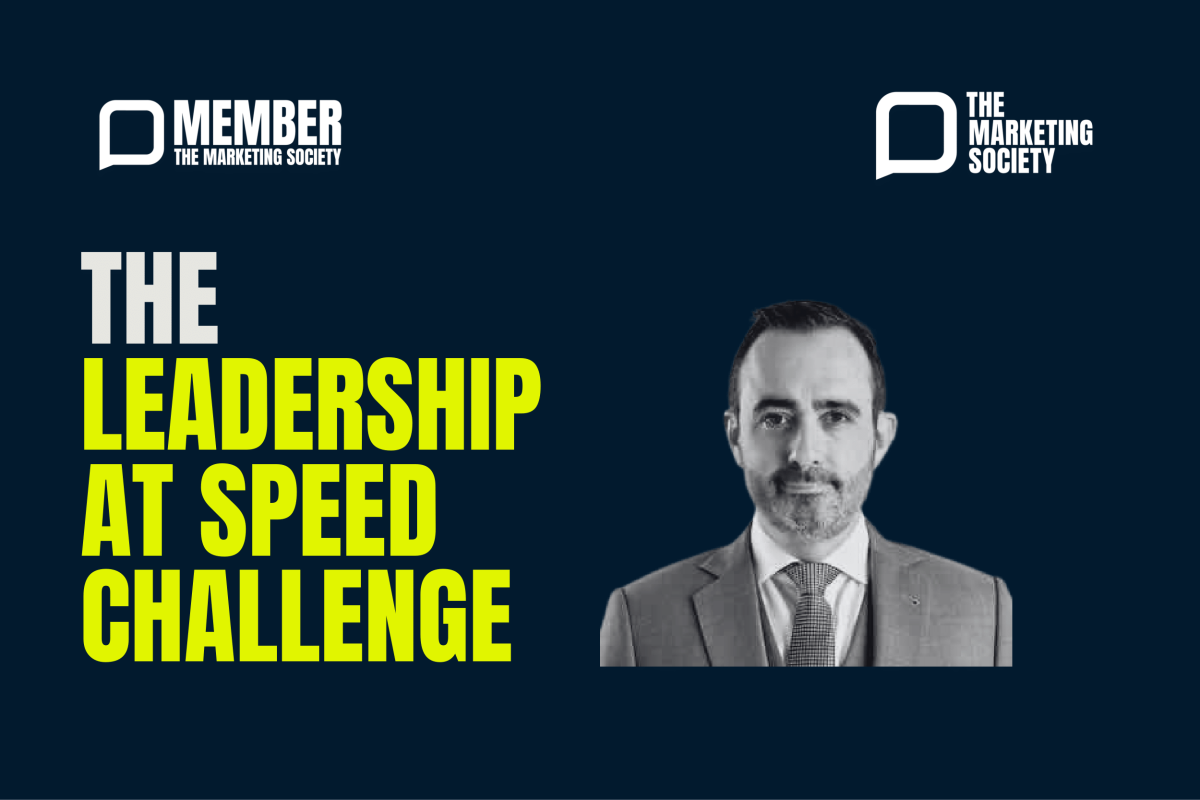Driving to work one morning, I was tuned into Dubai Eye’s Business Breakfast as a cybersecurity analyst unpacked a sophisticated SharePoint vulnerability exploited by state-linked hackers. What struck me wasn’t just the technical complexity; it was the fact that AI had powered both the attack and the defence.
That moment crystallised something I’ve been sensing for a while: the speed and intelligence that define today’s cyber conflicts are the same forces reshaping marketing leadership. Reputation no longer evolves over quarters or campaigns. It’s rewritten in minutes by algorithms, automated sentiment, and regulatory expectations that are tightening around every public statement a brand makes.
The Expanding Role of Marketing Leadership
For years, marketing was the creative heart of the business, focused on awareness, loyalty, and growth. But as technology collapses the gap between communication and consequence, we’re becoming guardians not just of brand, but of governance. Every digital interaction now lives within a compliance framework, from AI-generated content that could trigger copyright issues, to consumer data usage that falls under privacy law, to green claims that invite ESG scrutiny.
In this new environment, a marketer’s fluency must extend beyond storytelling. We must understand the boundaries set by evolving regulation, the EU’s AI Act, new advertising codes around synthetic media, disclosure rules for influencer and AI-assisted content, and the increasing push for corporate transparency on ESG claims. The ability to balance creativity with compliance is becoming a defining leadership skill.
Balancing AI's Power with Human Responsibility
AI amplifies this tension beautifully and dangerously. It’s the most powerful brand-building tool we’ve ever had, and yet also the most unpredictable. The same technology that can personalise engagement at scale can also manufacture reputational crises: a deepfake CEO video, a fabricated employee statement, or a data leak blamed on “automation”. Responding effectively requires what I’d call governed agility, the capacity to move fast within a framework of ethical and legal foresight.
That means marketing can’t operate in isolation. We need deeper alignment with legal, risk, and IT teams, not as gatekeepers, but as collaborators in brand integrity. We should be leading those conversations, helping our organisations anticipate the narrative risks that arise when technology, trust, and regulation collide.
Ultimately, AI doesn’t just challenge how we communicate; it challenges how we’re accountable. The most resilient brands in the years ahead will be those whose marketing leaders treat governance as a creative advantage: clear, transparent, and human, even at machine speed.

"Reputation has always been the heartbeat of marketing. But in the age
of AI, it’s also the conscience."Jonathan Hirasawa Ashton KROHNE




